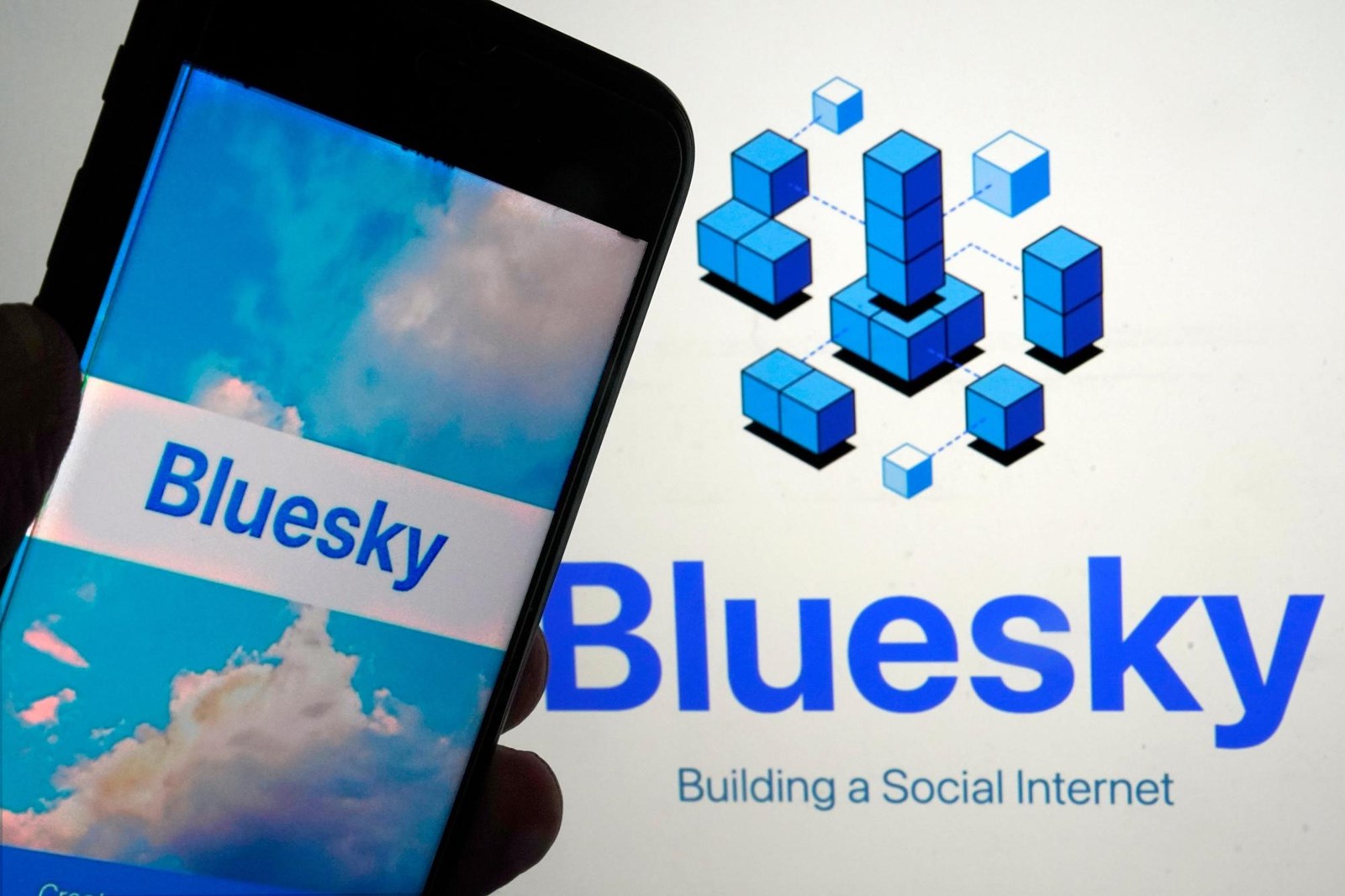
Bluesky has seen its user base soar since the U.S. presidential election, boosted by people seeking refuge from Elon Musk’s X, which they view as increasingly leaning too far to the right given its owner’s support of President-elect Donald Trump, or wanting an alternative to Meta’s Threads and its algorithms.
The platform grew out of the company then known as Twitter, championed by its former CEO Jack Dorsey. Its decentralized approach to social networking was eventually intended to replace Twitter’s core mechanic. That’s unlikely now that the two companies have parted ways. But Bluesky’s growth trajectory — with a user base that has more than doubled since October — could make it a serious competitor to other social platforms. But with growth comes growing pains. It’s not just human users who’ve been flocking to Bluesky but also bots, including those designed to create partisan division or direct users to junk websites.
The skyrocketing user base — now surpassing 25 million — is the biggest test yet for a relatively young platform that has branded itself as a social media alternative free of the problems plaguing its competitors. According to research firm Similarweb, Bluesky added 7.6 million monthly active app users on iOS and Android in November, an increase of 295.4% since October. It also saw 56.2 million desktop and mobile web visits, in the same period, up 189% from October.
To manage growth for its tiny staff, Bluesky started as an invitation-only space until it opened to the public in February. That period gave the site time to build out moderation tools and other distinctive features to attract new users, such as “starter packs” that provide lists of topically curated feeds. Meta recently announced that it is testing a similar feature.
Compared to the bigger players like Meta’s platforms or X, Bluesky has a “quite different” value system, said Claire Wardle, a professor at Cornell University and an expert in misinformation. This includes giving users more control over their experience.
“The first generation of social media platforms connected the world, but ended up consolidating power in the hands of a few corporations and their leaders,” Bluesky said on its blog in March. “Our online experience doesn’t have to depend on billionaires unilaterally making decisions over what we see. On an open social network like Bluesky, you can shape your experience for yourself.”
Because of this mindset, Bluesky has achieved a scrappy underdog status.
Little data has emerged to help quantify the rise in impersonator accounts, artificial intelligence-fueled networks and other potentially harmful content on Bluesky. But in recent weeks, users have begun reporting large numbers of apparent AI bots following them, posting plagiarized articles or making seemingly automated divisive comments in replies.
That said, disinformation and bots won’t be Bluesky’s only challenges in the months and years to come. As a text-based social network, its entire premise is falling out of favor with younger generations. A recent Pew Research Center poll found that only 17% of American teenagers used X, for instance, down from 23% in 2022. For teens and young adults, TikTok, Instagram and other visual-focused platforms are the places to be.


 PREVIOUS ARTICLE
PREVIOUS ARTICLE
